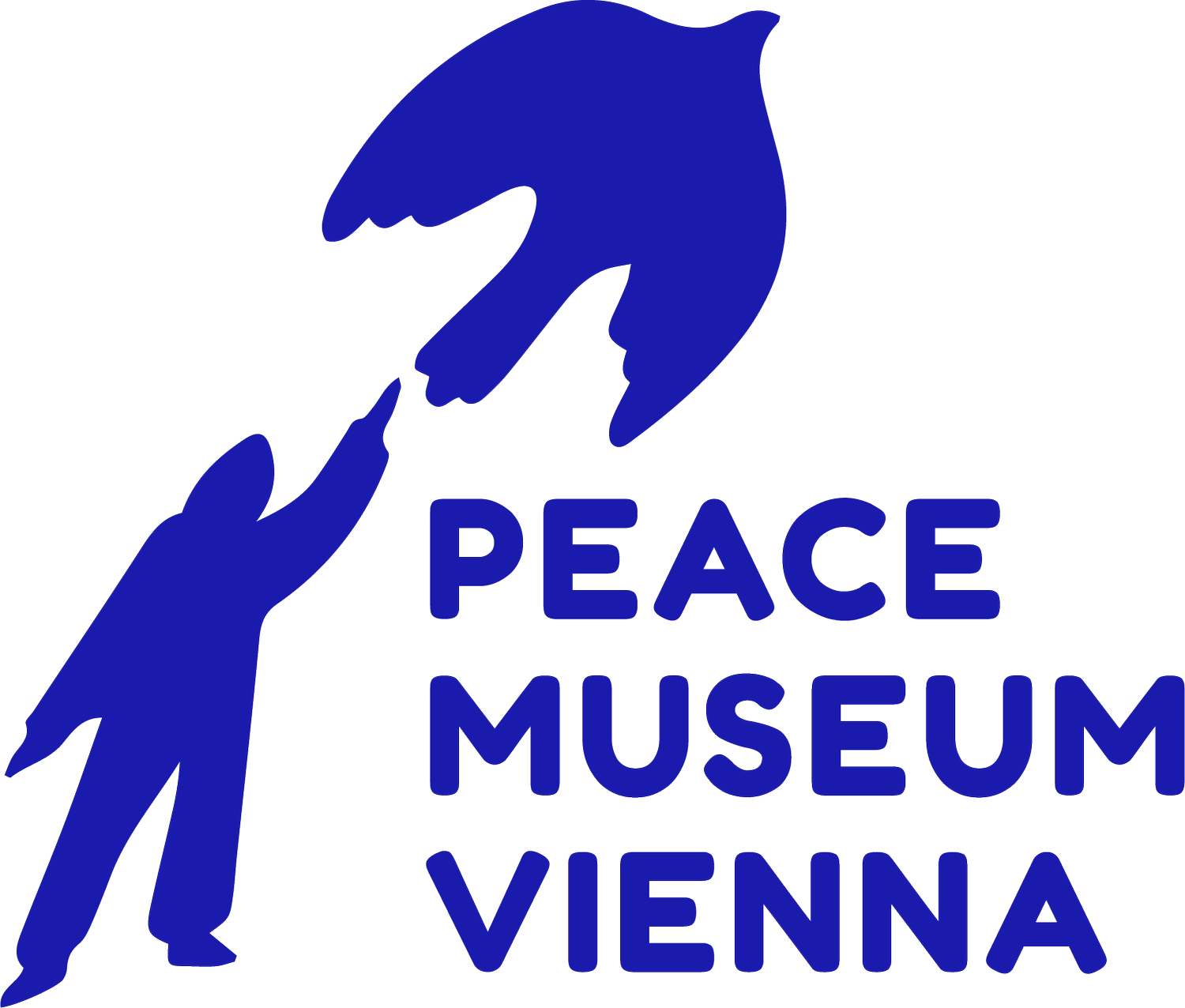Zafar Shayan
“It is our duty to stand up for humanity. Step in and correct things that are wrong”.
– Leymah Gbowee
Leymah Gbowee is a Liberian peace and women’s rights activist. She was a cowinner of the 2011 Nobel Peace Prize. She was born in 1972 in central Liberia. She has completed associate of arts in social work in 2001 from Mother Patern College of Health Sciences in Liberia and her master’s degree in Conflict Transformation in 2007 at Eastern Mennonite University, Virginia.
Gbowee was seventeen years old when the civil war started in her country. She has spent 14 years of her young ages in a conflict environment. As a social worker she was helping ex-child soldiers. After years of living in the war, she came to the conclusion that women should act to bring peace. She mobilized Christian women and established network with Muslim women to initiate the Women of Liberia Mass Action for Peace.
Gbowee led the nonviolent movement and brought Christian and Muslim women together to pray and protest to end Liberia’s long-term civil war in 2003. After several weeks of protests, president Charles Taylor met the protesting women and agreed to enter peace talks in Accra, Ghana. Gbowee along with a group of women traveled to Accra to monitor peace talks. She led a group of two hundred women to prevent the government’s representatives and rebels from leaving the meeting hall without a peace agreement. A few weeks later the president resigned and went into exile, and a transitional government was formed.
The movement, besides bringing the two sides of conflict to peace, provided the opportunity for a woman to be a president for the first time in Africa. The movement proved that Liberian women can play crucial roles in peace and political decisions, and it became a pattern of struggle for women around the world. Gbowee participated in various meetings of the UN and other international conferences as one of the most influential leaders.
In 2006, Gbowee co-founded the Women Peace and Security Network of Africa (WIPSEN-A), which promotes the participation of women in peace, security and leadership issues in Ghana and Liberia. She led the organizations for several years. Her story is said by a documentary film, Pray the Devil Back to Hell, which was made in 2008, and Mighty Be Our Powers in 2011.
In 2012, Gbowee founded the Gbowee Peace Foundation Africa (GPFA) and servers as its president. The organization provides education and leadership trainings for women and youth in Liberia. She is member of the African Women Leaders Network for Reproductive Helath and Family Planning. She also serves on the Board of Directors of the Nobel Women’s Initiative and the PeaceJam Foundation.
The Nobel Prize: www.nobelprize.org/prizes/peace/2011/gbowee/biographical

